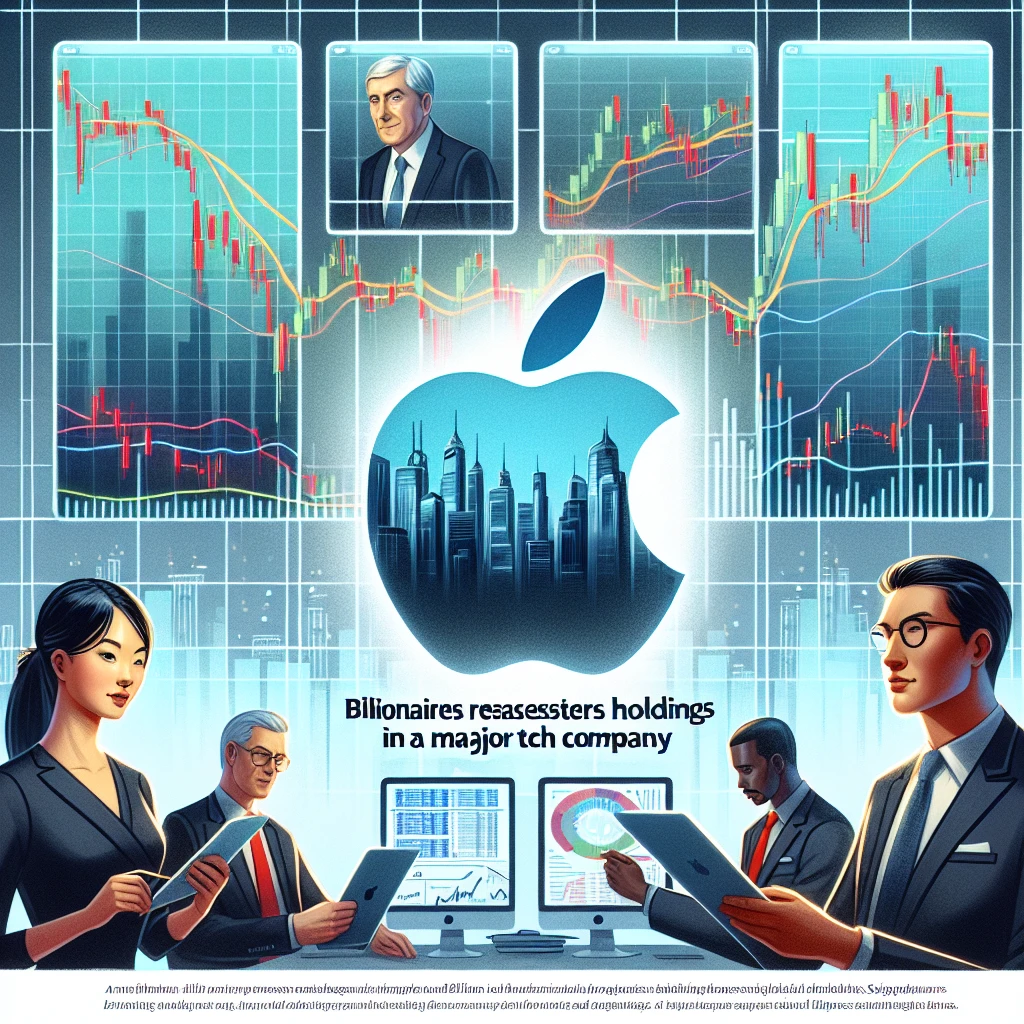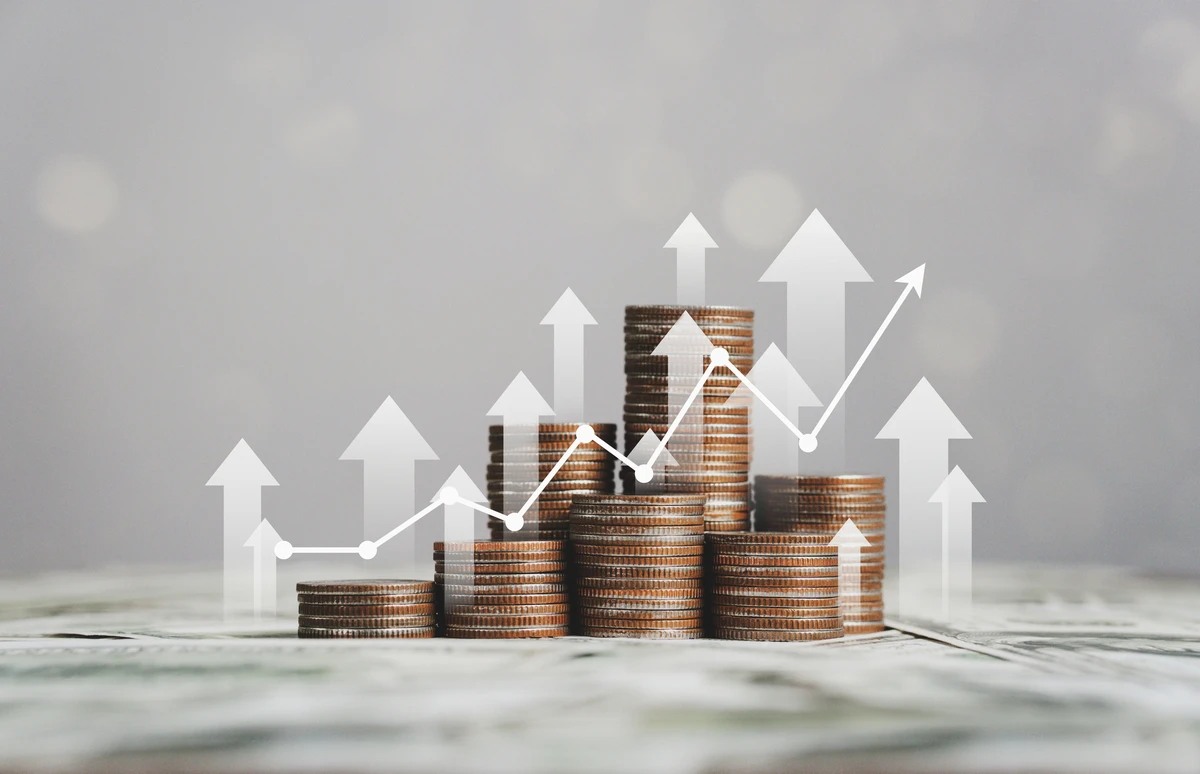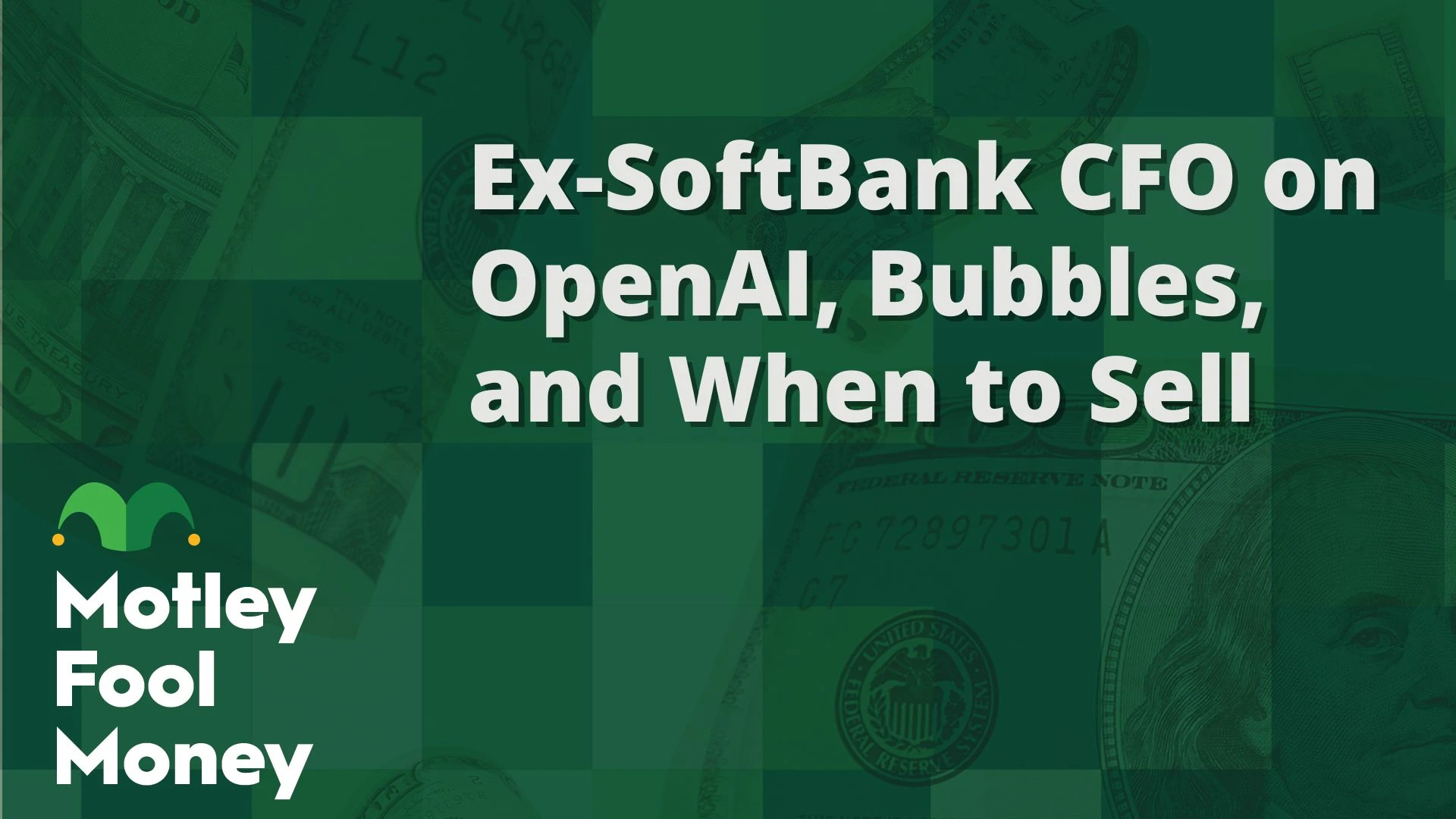Following the investment strategies of billionaires might not guarantee success, but it can certainly offer valuable insights for your own financial decisions. Many top investors have amassed their wealth by skillfully selecting stocks.
It’s hardly surprising that Apple (1.16%) is a favored stock among billionaires. The tech giant has reclaimed its status as the world’s most valuable company, boasting a market capitalization of $3.4 trillion. This allure is one reason why the wealthiest investors are drawn to Apple. Those managing hedge funds valued at tens or even hundreds of billions of dollars require substantial investments in companies that can make a significant impact.
Apple’s appeal also lies in its formidable competitive advantages, including an installed base of approximately 2 billion devices, a leading brand in consumer electronics, and high-margin ventures like the App Store, where the company typically earns 30% of the revenue generated by in-app purchases.
Nevertheless, some investors appear to be adopting a more cautious stance on Apple, as suggested by 13-F filings. Let’s delve into the leading billionaire-led hedge funds that reduced their holdings in Apple during the second quarter.

1. Warren Buffett’s Berkshire Hathaway
Berkshire Hathaway’s decision to sell Apple shares was its most significant move of the quarter, catching many Buffett enthusiasts by surprise.
Buffett has consistently praised Apple, once referring to it as his company’s third business and commending its robust operations. While Buffett hasn’t directly explained the rationale for selling approximately 400 million Apple shares, equivalent to $80 billion, effectively halving Berkshire’s stake, he has previously hinted at tax considerations as a factor. With discussions in Washington about raising the capital gains tax rate, Buffett appears to have seized the opportunity to secure Berkshire’s substantial gains in Apple, mitigating the risk of increased capital gains taxes.
Additionally, Buffett has been raising cash by divesting from other stocks, suggesting to some that he might perceive the stock market as overvalued.
2. David Shaw’s D.E. Shaw
Billionaire David Shaw’s hedge fund, D.E. Shaw, has long been a prominent Apple shareholder, with the stock being a top holding for over a decade. This investment has yielded significant returns, as Apple’s value has increased approximately tenfold.
Nonetheless, D.E. Shaw opted to reduce its stake during the second quarter, selling 4.8 million Apple shares worth roughly $10 billion, leaving the firm with 10 million shares. The reasons behind Shaw’s decision remain unclear, but it’s possible the firm believed the stock had become overvalued following its second-quarter surge.
Apple remains D.E. Shaw’s second-largest holding, just behind Microsoft.
3. Jeff Yass’s Susquehanna International
Lastly, Jeff Yass is the third billionaire who reduced his Apple holdings in the second quarter. Yass, known for his substantial stake in TikTok, leads Susquehanna International, a firm recognized for its quantitative investment approach.
During the second quarter, Susquehanna sold 2.6 million Apple shares, valued at around $500 million, leaving it with 6.2 million shares worth approximately $1.3 billion. Susquehanna’s current portfolio is centered around options positions in high-profile stocks, with its largest stock holding being the S&P 500 SPDR ETF.
Should you sell Apple?
Apple’s stock is currently trading at a high price-to-earnings ratio of 33, and the verdict on the yet-to-be-released Apple Intelligence remains uncertain. The Glowtime event, which unveiled the iPhone 16, failed to generate significant investor enthusiasm, as the stock remained flat on September 9.
Despite this, selling Apple stock at this juncture seems premature, particularly with a potential sales boost on the horizon from Apple Intelligence. However, given its current valuation, the stock’s upside may be somewhat limited.
Buy Alert: Double Down on These Stocks Today
The Motley Fool Stock Advisor service has outperformed the S&P 500 by more than fourfold since its launch in 2002*, and the analyst team excels at recognizing when to double down. They have previously re-recommended a select group of stocks, some of which have delivered remarkable returns.
Netflix: A $1,000 investment when we doubled down in 2004 would now be worth $363,277!*
Nvidia: A $1,000 investment when we doubled down in 2009 would now be worth $280,262!*
Apple: A $1,000 investment when we doubled down in 2008 would now be worth $41,639!*
Opportunity is knocking again. Are you ready to answer?
Discover 3 “Double Down” stocks ›
*Stock Advisor returns as of 09/12/2024




